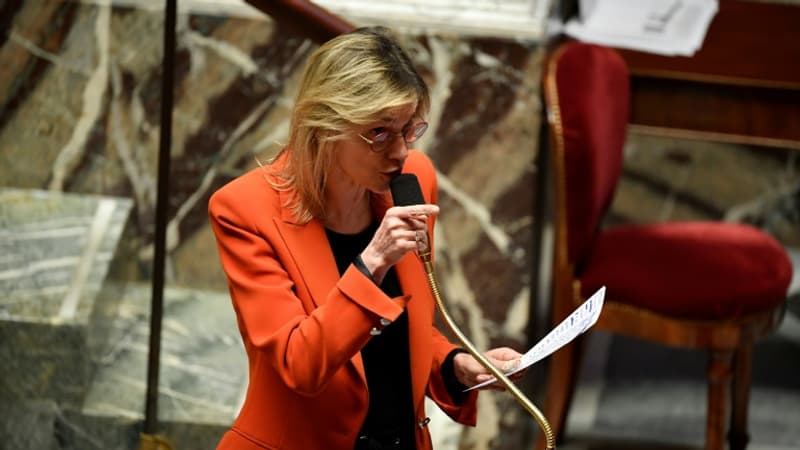The government intends to carry out its reform aimed at merging the two organizations responsible for nuclear safety, the Minister for Energy Transition, Agnès Pannier-Runacher, said this Wednesday in the Senate, despite the election of deputies from preserve the current “dual organization”.
“Following the vote on Tuesday in the National Assembly on the nuclear acceleration bill, which asks the government for a report explaining the methods of implementing this reform, I will ask the senators the methods according to which the Senate wants to partner to this reform. And indeed, in the consultation we are going to advance to complete it”, declared the minister.
strong opposition
On February 3, a “nuclear policy council” convened by Emmanuel Macron had approved the merger of the Institute for Radiological Protection and Nuclear Safety (IRSN), the scientific security police, within the Nuclear Safety Authority (ASN), the Power station police. The new entity would thus become “the second security authority in the world in terms of human and financial resources, with greater scientific credibility,” Agnès Pannier-Runacher estimated Wednesday.
But the project is opposed by staff, parliamentarians and specialists who see it as a loss of independence, competence and expert voice, at a time when France wants to launch a new reactor programme. On March 15, the National Assembly thus rejected this reform, proposed by the government’s amendment to the bill on the acceleration of nuclear energy, in first reading, voting to preserve the current “dual organization”. Therefore, the bill was voted on Tuesday, but without the reform.
On Wednesday, Agnès Pannier Runacher responded to a question from Senator PS Angèle Préville, about the government’s intentions. “We suspect that you are not going to let go because it is the DNA of this government. But to govern, is it being stubborn?” the elected official asked. The senators had expressed their anger at seeing this amendment reach the IRSN when they had already voted on this bill, in January.
Source: BFM TV


